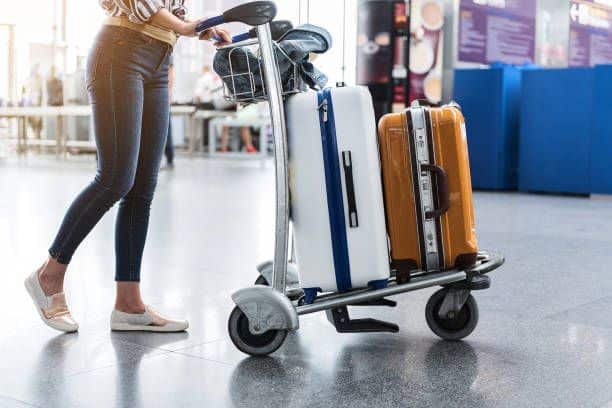European airports are undergoing a significant transformation in their regulations, aimed at improving the passenger experience. These changes, focused on carry-on luggage and the transportation of liquids, seek to eliminate the frequent complications and confusions that often arise during security checks.
Recently, several terminals have begun to lift restrictions on liquids, allowing travelers to carry containers of up to 2 liters without needing to take them out at security, thanks to the implementation of 3D scanners. Spanish airports such as Madrid-Barajas, Barcelona-El Prat, Malaga, Palma de Mallorca, and Alicante have already adopted this technology, while those that are not yet operational still maintain the traditional limitation of 100 ml per container and a maximum of 1 liter total.
Additionally, the new European regulations state that all passengers have the right to bring on board one personal item or carry-on suitcase and one personal accessory at no additional cost. This measure allows for a combined size of up to 100 cm and 7 kg, addressing concerns about the abusive fees that some airlines try to impose.
AirHelp, a platform dedicated to defending passenger rights, emphasizes the importance of these new rules. Rosa García, the company’s legal expert, points out that carry-on luggage should not be a reason for unjustified charges. “Charging for carry-on luggage is an abusive practice and contrary to the law,” says García.
The regulations also protect certain essential items, ensuring they can be transported without additional charges. For example, strollers and wheelchairs for individuals with reduced mobility should not incur extra costs. The same applies to backpacks containing necessary items for baby care or first-aid kits, provided there is a medical report justifying their transport.
The growing interest in these new regulations is reflected in the increase in online searches, where the term “new carry-on baggage regulations” has seen an increase of over 250%. AirHelp recommends that passengers adequately inform themselves about these changes and remain vigilant regarding their proper implementation, encouraging them to claim if they detect improper charges. With this approach, the aim is to facilitate a clearer and safer travel experience, ensuring that travelers’ rights are respected.
Referrer: MiMub in Spanish
